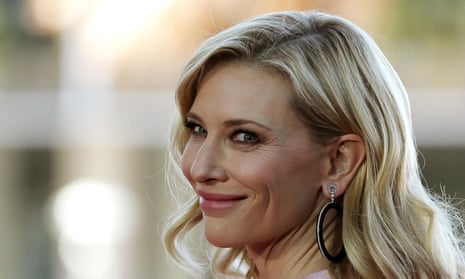It’s not every day I find myself talking about bisexuality over a takeaway coffee in an abandoned cemetery, but so it was last weekend.
My friend, a man who is currently sleeping with another man but who has previously slept with women, was telling me he isn’t bisexual. I, a woman currently sleeping with no one but open to the possibility of men as long as they take me out to dinner first, raised an eyebrow over my cappuccino with one.
“I’ve made my choice and it’s men,” he explained. “I think that sexuality is a process, an evolution, and I realised when I had my first experience with a man, that everything beforehand had been pretend.”
This, of course, is one person’s experience – not a rule, nor an exception. It does, however, raise questions about our constant need to label people.
Humans love nothing more than to file things neatly away; sexuality is no different. “Who do you do?” is as pertinent a question for us as “What do you do?” We want to know someone’s sexual preference so we can put them in a box. Straight, gay, bisexual, pansexual, asexual – hand me a Sharpie so I can make a note.
But when someone doesn’t fit so neatly into society’s tightly constructed categories of sexuality? Well, prepare to continually explain yourself, or, if you’re Cate Blanchett, to be met with scandalous headlines.
Yesterday, news broke that the 45-year-old actress had revealed to Variety magazine that she’s had “many” relationships with women in the past. Now, we’ve all had many relationships with women in the past, but Blanchett was talking about her upcoming role as Carol, a bisexual character in a film of the same name.
Was this her first turn as a lesbian, Variety asked. “Coyly,” she responded with a question of her own: “On film – or in real life?”
When asked if she meant she has had relationships with women in the past, Blanchett conceded, yes, “many times” and then refused to elaborate.
As far as concrete evidence is goes, it’s not much to build a foundation on – but who cares? Cate, a married mother of four, has a bisexual past now, everyone! This here click-baity headline says so. The fact that she doesn’t actually label herself one way or the other is of little consequence – there are boxes to tick after all.
No stranger to the label debate is fellow Australian actress and founder of feminist website herself.com, Caitlin Stasey. When I interviewed her late last year, her tone went from easy-going to vitriolic after I asked her why she had recently decided to steer clear of labelling her sexuality.
“Because if I say I’m bisexual, people say it doesn’t exist, and if I say I’m gay, people say I’m belittling the plight of all other women who consider themselves gay,” she said.
“I found a word that I identified with, I was told I couldn’t have it, and now I just think fuck it. I’m attracted to whom I’m attracted to.”
Which, by the way, apart from her male partner, is women. “Exclusively.”
Who Cate Blanchett or Caitlin Stasey or Ian Thorpe sleeps with shouldn’t be a big deal; any person’s sexuality should absolutely not be a big deal. But we live in a country that still refuses to legally recognise same-sex relationships, where being a part of the LGBT community is still considered “other”.
So in one sense the coverage is good – it sparks conversations that hopefully help people realise sexuality lies on a spectrum, and where you fall is your place to label if you feel the need to do so. Maybe one day bisexuality will be the norm. Or perhaps we’re slowly but surely entering an age, led by the politically correct Tumblr generation, in which we recognise, accept, and are no longer fearful of sexuality.
And beyond the labelling? Maybe one day we’ll wake to the news of a famous actress admitting she’s had relationships with many people, no mention of gender. That, or she’s about to star in another movie.
